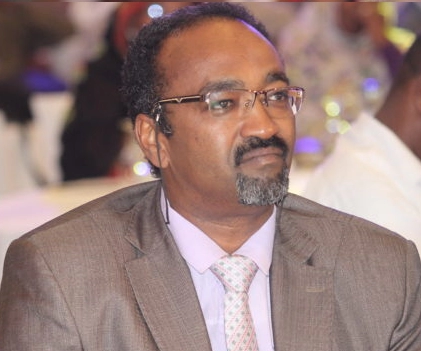Shylock the Usurer Government!

Dr. Muzammil Abu Al-Qasim
It is well known that criminal litigation is free of charge in all countries worldwide. No state imposes fees for providing justice to its citizens for a simple reason: ensuring public security and delivering justice are core responsibilities of the state through its official institutions—chief among them the judiciary, prosecution, and police.
One of the state’s fundamental duties is to work on preventing crime from occurring in the first place. If a crime does take place, it is the state’s obligation to apprehend and punish criminals to serve society and the victims of crime. Since it is impossible for the government to station law enforcement officers on every inch of the country’s territory to prevent crime, the law grants citizens the right to self-defense when they cannot rely on authorities for protection. So how can a state that fails to fulfill its duty demand that citizens pay for its basic function?
Countries around us have advanced and are reducing civil litigation fees to ensure that poverty does not become a barrier to justice. Some nations have even made litigation entirely free, even in civil and commercial disputes.
We bring this up in light of the exorbitant fees imposed by the government of Northern State on legal proceedings. It has mandated that anyone wishing to file a criminal case regarding a bounced check due to insufficient funds must first pay 2% of the check’s value before the case is opened at the prosecution. Moreover, anyone wishing to initiate any legal action must pay 10,000 Sudanese pounds upfront. The government has also imposed a 50,000-pound fee for withdrawing a financial crime complaint, 20,000 pounds for retrieving confiscated items or issuing arrest warrants, and 50,000 pounds for approving traffic reports for insurance companies. Additionally, an appeal to the prosecution now costs a staggering 100,000 pounds. The list of fees and levies goes on and on!
Even obtaining a copy of any prosecution decision requires citizens to pay 10,000 pounds in advance. What kind of justice is this, where the oppressed must dig into their pockets to claim their rights?
The most appalling aspect of this outrageous policy, conceived with the mindset of “Shylock the Usurer,” is that it targets those whom the state has already failed to protect. These citizens have been left vulnerable, their homes and properties destroyed, and many have been displaced or turned into refugees after being ravaged by rebels. Now, the government of Northern State is adding insult to injury, exacerbating the suffering of people who can barely afford their daily sustenance.
A trustworthy source told me of a man who went to the prosecution to file a complaint after mistakenly transferring money into someone else’s account. He was asked to pay a fee he could not afford. Clapping his hands in disbelief, he said: “How can we not be punished by the Janjaweed when this is our reality?”
The correct course of action is not just to abolish these disgraceful and extortionate fees but to hold accountable, punish, and remove from office everyone who devised, supported, or implemented them. They should serve as a lesson to any official who seeks to exploit citizens and worsen their suffering. Chief among them is the governor of Northern State, Abidin Awadallah, who has proven that the mindset of “Shylock the Usurer” is not unique to the Janjaweed but is rather a pervasive and dangerous idea.



